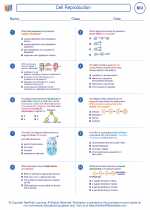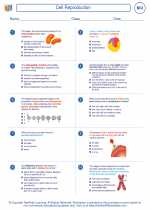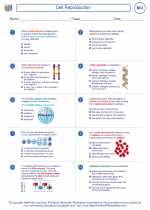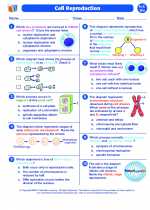Family
The family is a fundamental unit of society, providing a supportive and nurturing environment for individuals. In biology, the concept of family extends to the taxonomic classification of organisms. Let's explore the different aspects of family in biology and society.
Biology Perspective
In biology, the concept of family is used in the classification of organisms. Taxonomic ranks, from broadest to most specific, include domain, kingdom, phylum, class, order, family, genus, and species. The family is a group of related genera (plural of genus) that share common characteristics.
Characteristics of a Biological Family
- Similar physical and genetic traits
- Common evolutionary ancestry
- Shared ecological roles
Social Perspective
In the context of human society, the family is a fundamental social unit. It provides emotional support, nurturance, and socialization for individuals. Families can take various forms, including nuclear families, extended families, single-parent families, and more.
Functions of a Family
- Emotional support and care
- Education and socialization of children
- Transmission of cultural values and traditions
- Financial and practical support
Study Guide
To understand the concept of family in biology and society, consider the following study guide:
- Define the term "family" in the context of biological classification.
- Compare and contrast the characteristics of biological families and human families.
- Discuss the importance of family structure in society.
- Explore the diversity of family forms and their impact on individuals and communities.
- Examine the role of families in the transmission of genetic and cultural traits.
By studying the concept of family from both biological and social perspectives, you can gain a comprehensive understanding of its significance in the natural world and human society.
[Family] Related Worksheets and Study Guides:
.◂Biology Worksheets and Study Guides High School. Cell Reproduction

 Worksheet/Answer key
Worksheet/Answer key
 Worksheet/Answer key
Worksheet/Answer key
 Worksheet/Answer key
Worksheet/Answer key
